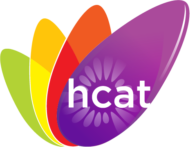Modern Foreign Languages

Curriculum Information
The Modern Foreign Language Vision
At Dorchester our vision is that through learning another language children will be given the valuable opportunity to develop positive attitudes to and respect for languages and cultures other than their own. We aim to foster pupils’ curiosity and deepen their understanding of both the world around them and their own language. Our children will be able to acquire and develop language skills, using what they have learned in a range of contexts with increasing competence and confidence



